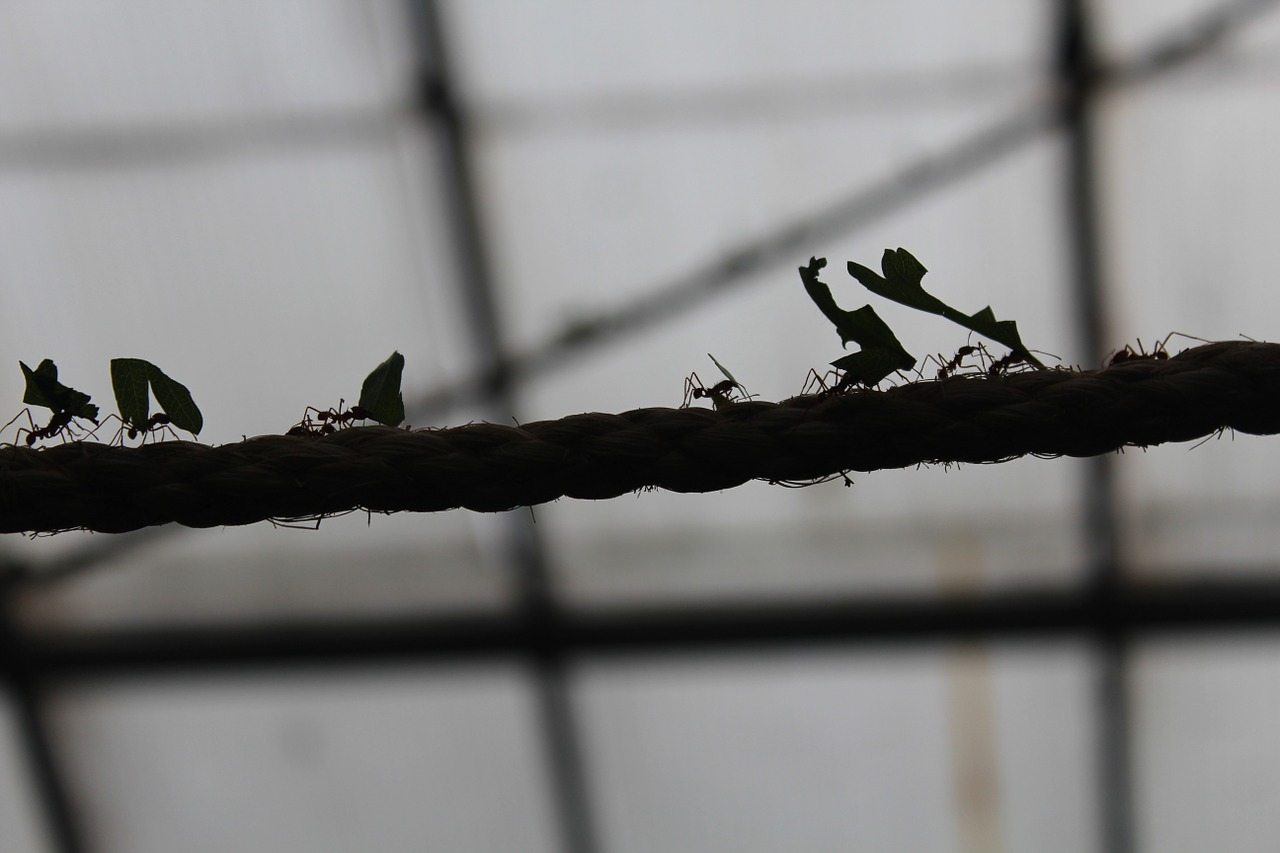How Can I Expel Ants In A Responsible, Islamically Permissible Way?
Answered by Ustadh Tabraze Azam
Question: Assalam alaykum,
I have ants in my home.
I have sprinkled ant powder. That hasn’t stopped them. But it has resulted in hundreds dead per week. I don’t know what to do. I don’t know if there is any Islamic significance behind this.
What I can do about stopping them from coming?
Answer: Wa alaykum assalam wa rahmat Allah,
The basis is that it is disliked (makruh) to kill ants for no reason whatsoever. Though, in the case that they are causing harm to your person or property, it would be permissible to kill them. What would be considered in such circumstances is the reasonable likelihood of harm, and as such, you need not wait until they damage something or become a nuisance before acting, particularly if they are a known harmful species.
Having said that, other positions in the Hanafi School exist which state that killing them, even in the case that they aren’t causing harm, would be permissible without dislike. However, the Messenger of Allah (Allah bless him and give him peace) said, “Do not harm the creation of Allah.” [Abu Dawud] The mere killing of animals or insects without reason is not justifiable, nor is it clearly the way of mercy we inherited from our Prophet (Allah bless him and give him peace).
As for the tradition (hadith), also related by Abu Dawud, regarding the interdiction against killing four types of creatures, of which one is ants, it is understood to be applicable to a specific type of large ant which is rarely harmful. However, this would appear to be conditioned by the same considerations as listed above.
Thereafter, and in terms of methods of killing them, you should use that which will finish them as quickly and painlessly as reasonably possible. Causing them to undergo endured pain or distress is at least disliked, and something that Ibn Hajar recorded as one of the major sins (kaba’ir). The Messenger of Allah (Allah bless him and give him peace) said, “Allah has prescribed excellence for everything. So when you kill, kill well. When you sacrifice, sacrifice well.” [Muslim]
In closing, it may be useful to note that some scholars have recommended reciting verse eighteen from Surah al-Naml, the Chapter of the Ant (27.18), as a means of warding them off. Allah Most High says, recounting the words of the ant which was heard by the Prophet Sulayman (Allah Most High grant him peace), “And when they came to the Valley of the Ants, one ant said, ‘Ants! Go into your homes, in case Solomon and his hosts unwittingly crush you.’” Remember that this should be recited in conjunction with the taking of some effective means of removal, as per the sunna, and not merely as lip service in the hope that they will simply disappear as a result of the recital.
[Razi, Tuhfat al-Muluk (454); Khadimi, al-Bariqa al-Mahmudiyya; al-Fatawa al-Hindiyya; Ibn Nujaym, al-Bahr al-Ra’iq Sharh Kanz al-Daqa’iq]
Please also see: Is It Permissible To Kill Insects And Harmful Animals? and: The Ruling on Killing Pests & Harmful Insects
And Allah Most High alone knows best.
قال في تحفة الملوك: ويُكرَه قتلُ النملة ما لم تبدأ بالأذى اهـ.
وفي البحر الرائق: وقتل النملة قيل لا بأس به مطلقا وقيل إن بدأت بالأذى فلا بأس به وإن لم تبتدئ يكره وهو المختار اهـ.
Wassalam,
[Ustadh] Tabraze Azam
Checked and approved by Shaykh Faraz Rabbani
Ustadh Tabraze Azam was born and raised in Ipswich, England, a quiet town close to the east coast of England. His journey for seeking sacred knowledge began when he privately memorized the entire Qur’an in his hometown at the age of 16. He also had his first experience in leading the tarawih (nightly-Ramadan) prayers at his local mosque. Year after year he would continue this unique return to reciting the entire Quran in one blessed month both in his homeland, the UK, and also in the blessed lands of Shaam, where he now lives, studies and teaches.
